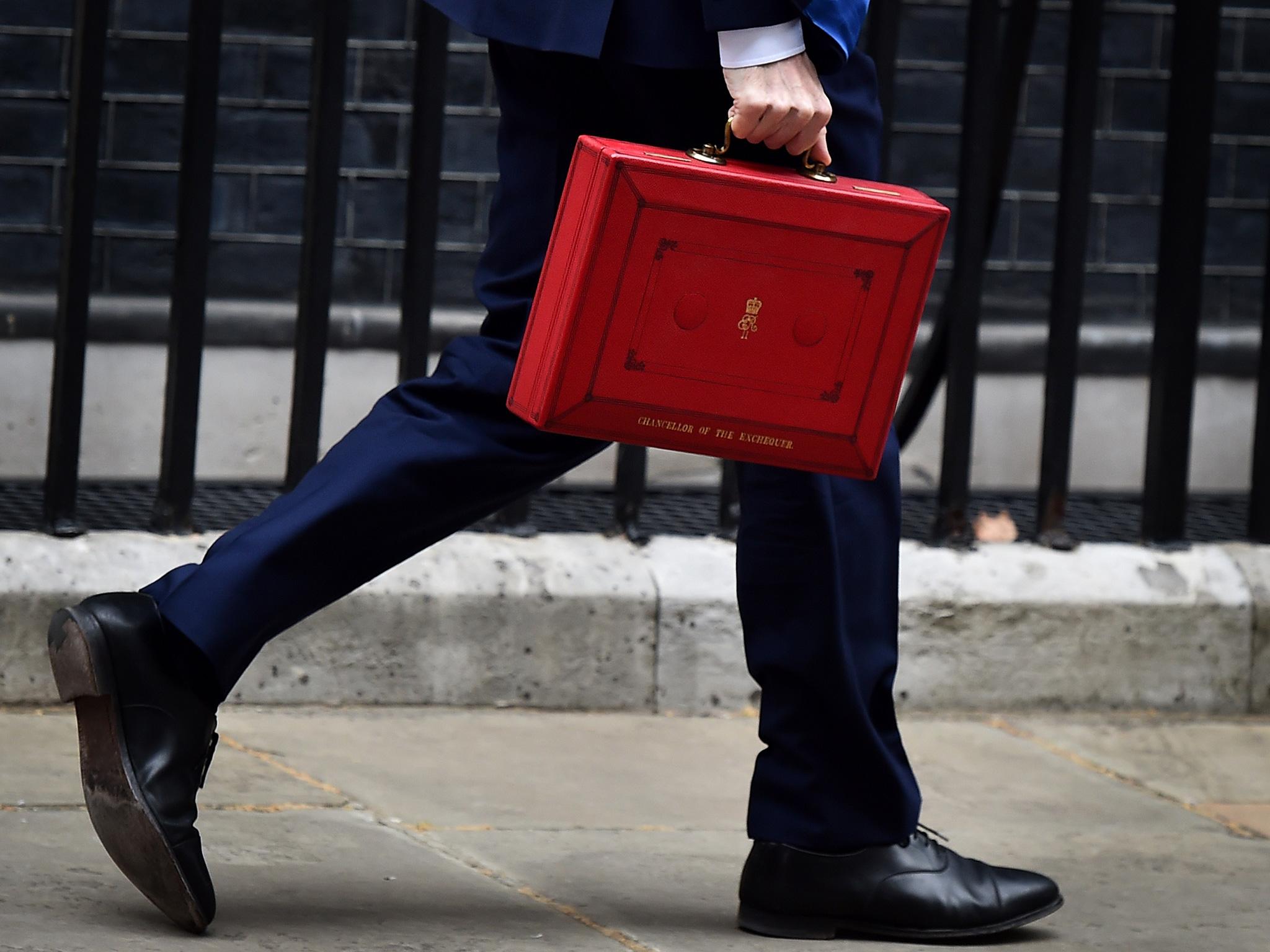Budget 2015: George Osborne’s failure to invest in the lives of disabled people is a further betrayal of the Paralympic legacy – but we will continue to fight
I am well educated with advanced vocational skills, but I am deaf and disabled and I have been unemployed for too long

Your support helps us to tell the story
From reproductive rights to climate change to Big Tech, The Independent is on the ground when the story is developing. Whether it's investigating the financials of Elon Musk's pro-Trump PAC or producing our latest documentary, 'The A Word', which shines a light on the American women fighting for reproductive rights, we know how important it is to parse out the facts from the messaging.
At such a critical moment in US history, we need reporters on the ground. Your donation allows us to keep sending journalists to speak to both sides of the story.
The Independent is trusted by Americans across the entire political spectrum. And unlike many other quality news outlets, we choose not to lock Americans out of our reporting and analysis with paywalls. We believe quality journalism should be available to everyone, paid for by those who can afford it.
Your support makes all the difference.Yesterday’s Budget was a missed opportunity to invest in jobs, homes, transport and education for the one in five people like me who are deaf or otherwise disabled.
What many people don’t realise is the high rate of unemployment among the disabled – it currently stands at 47 per cent.
The Chartered Institute of Personnel and Development said recently that fundamental issues and barriers still exist that prevents HR professionals hiring disabled talent.
I am well educated with advanced vocational skills and I have been unemployed for too long. So yesterday George Osborne could have invested in disabled-led start-ups or given employers tax breaks to hire people like me.
But he chose to remove the disability element of Employment and Support Allowance (ESA), which used to be incapacity benefit. I received £28.50, which was 16 per cent of my income. I cannot now simply increase it through other means so it has led to more sacrifices and stress, which may put me in hospital and that will just add to the £250,000 spent on keeping me alive following a serious accident.
Not only has the government’s strategy on disability benefits wasted billions of pounds on testing and a much-heralded work programme, which has a 92 per cent failure rate from impact and has never helped me, but the removal of specialist advisers from job centres and the ending of funding for tailored support have hit my access to work.
I wanted to go to university, but the removal of maintenance grants has ended this option too.
However I am grateful that I’m not in the same situation as some of my disabled friends with large families, whose futures are very uncertain and stressful due to the reduced benefit cap, which could make them homeless.
The way to reduce welfare is through jobs and business creation, as well as tackling the need for housing for the 17,000 disabled Londoners who live alone and need adaptive homes. But we didn’t get that yesterday; we just got more cuts – more pain and no gain.
The failure to invest in what matters to lives of disabled people is bad economics that is neither fair nor in the spirit of so-called “One Nation” Conservativism – a further betrayal of a Paralympic legacy that we deserve and will continue to demand and fight for.
Join our commenting forum
Join thought-provoking conversations, follow other Independent readers and see their replies
0Comments